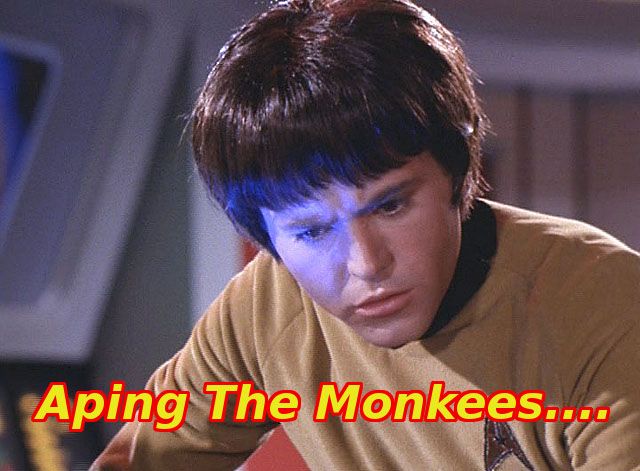Yes, sentience (self-awareness, perception of one's environment, and the capacity for sensations such as pain and pleasure) is often confused with sapience (the ability to reason and to apply knowledge).
Thanks for making this clear (particularly since my dictionary made no difference between both - in my language there are several words for both and interestingly some of them are identical)
There are quite a few examples for self-aware species. All of them are highly intelligent and as far as they are physically able to so so they also use tools/technology.
These include (apart from many others) :
In the water: dolphins and certain whales who recognize their own images, use tools for hunting (they create a kind of net made of air bubbles which the fish don't dare to swim through. It works like a fishernet). Plus: dolphins have a complex language that includes a name for every individuum.
Airborne species: Ravens and related species: they, too, recognize their mirror image, have a language (but as far as we know no individual names), and use tools they make themselves, for example specially shaped wooden hooks to stir out maggots from holes in trees.
Terrestrian species: humans, gorillas, orang utans and bonobos. I think I needn't elaborate on them.
Interestingly, we don't know about any subterrannean species who are self-aware. However, we have a few that use tools: for example, certain ants harvest leaves and chew them to a mass they mix with the mycels of mushrooms who's fruit are their main food. They are active gardeners who not only sow and harvest but also prepare the soil themselves.
If we are looking for signs of previous self-conscious species (excluding human or pre-human species) it gets a lot more difficult: with an extinct species we can not observe if they'd recogize their reflection. If we restrict ourselves to searching for tools: we haven't found any yet. But as the recent examples (see above) show, tools needn't necessarily leave traces to be found.
So the question whether there has been self-conscious life on this planet before us and our colleagues with feathers or flippers can not be answered.
Was there intelligent life before us? That very much depends on your definition of intelligence.
We can not prove if there was intelligent life before us, if we define intelligence by use of a language, tools or applying mathematics.
If, however, we define intelligence as the ability to adapt to new situations by considering several alternatives and perhaps even finding a completely new solution then yes, every individuum has intelligence to a dregree that at least permits it to survive. I think we may safely assume that this rule also applied in the past.
Predators that hunted in packs needed intelligence to hunt successfully. Their victims needed intelligence to escape.
Even plants, bacteria and amoeba can learn. From the point of view of a biologist that ability to learn counts as intelligence, too.
Perhaps the question should rather be: has there been/is there a form of life that was/is not intelligent?








